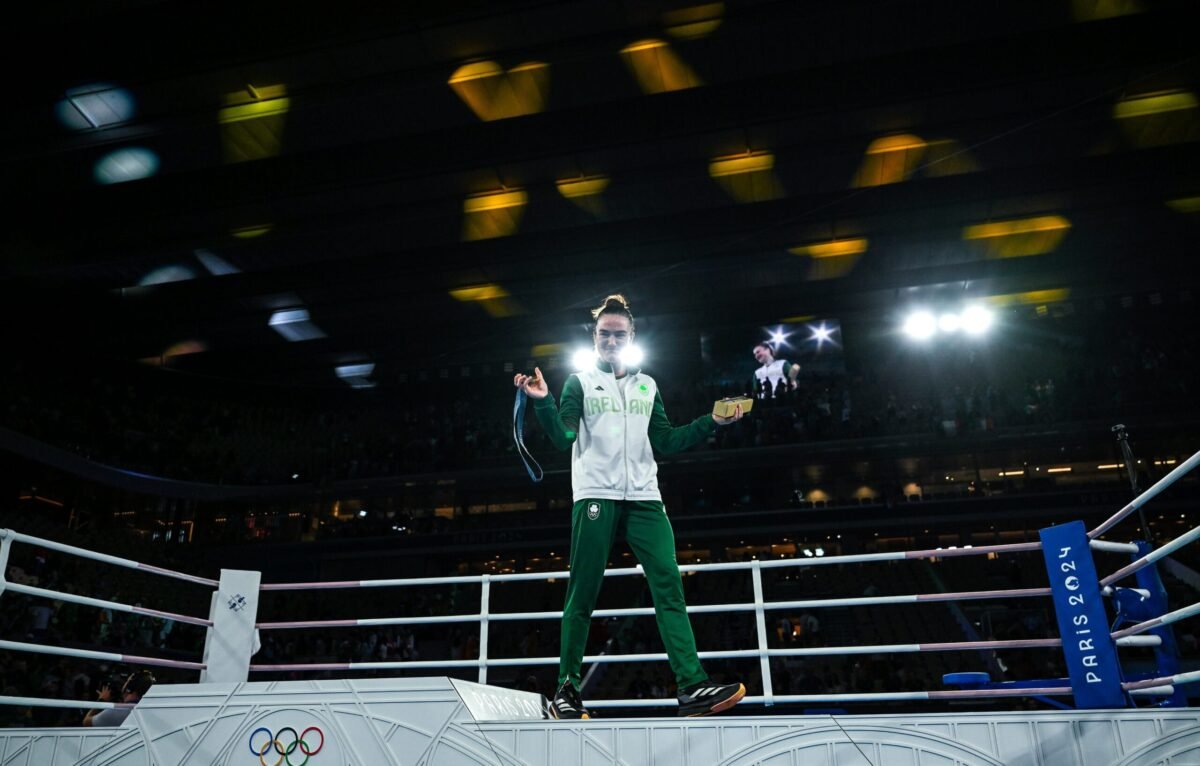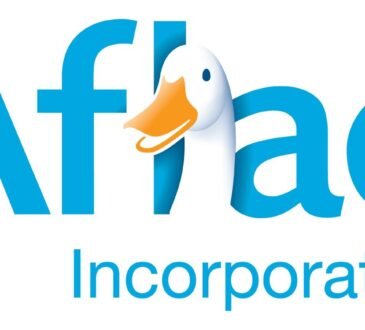Trust, as Peter Sherrard, the chief executive of the Olympic Federation of Ireland (OFI), told me last week, is hard to gain and easy to lose.
Ireland is full of organisations, bodies, and companies that lost trust, and spent significant resources endeavouring to regain it with their stakeholders.
The Football Association of Ireland, the crises-ridden organisation where Sherrard worked before joining the OFI is one. RTÉ, the national broadcaster on whose board I sat for a five-year term ending October last year, is another. The list goes on.
In 2016, trust in the OFI, then called the Olympic Council of Ireland (OCI), collapsed in the wake of a damaging, and frankly, embarrassing, debacle in Rio.
Pat Hickey, who had ruled the organisation with an iron fist, was arrested in Rio on the morning of August 17, 2016, on the eve of the Olympics, and later charged with alleged ticket touting, money laundering and tax evasion. The fact the OCI’s president was arrested in his bathrobe added to the spectacle.
Hickey denied all charges and his case still hasn’t gone to court in Brazil (many charges have subsequently been dropped). However, the scandal exposed a slew of issues and infighting within the organisation.
The OCI was many things, but athlete-focused it most certainly was not. Indeed, athletes regularly complained that their families were unable to purchase tickets to see them compete.
The Government, demanding remedial action, withdrew funding. The OCI was an oxymoron, a governing body with little governance.
As Sherrard told me from Paris last week, Rio 2016 was the organisation’s “ground zero”.
What has happened since then has been remarkable. Within months of Rio, there was a palace coup, with a team of reformers, led by Sarah Keane, a corporate lawyer who was the CEO of Swim Ireland, shepherding out the old guard. The organisation was rebranded as the Olympic Federation of Ireland, a subtle change designed to highlight the importance of collaboration and the various National Governing Bodies.
Governance was overhauled. The constitution was reconstructed. It even moved its headquarters, a relocation that allowed it to bank money.
By way of example, some 23 policy documents were drafted and implemented, while there was a string of constitutional amendments designed to bring about important governance reforms such as term limits, the structure of the Executive Committee, the establishment of standing committees to provide oversight and direction, and most recently, a 40 per cent minimum gender balance on the Executive Committee.
Three years ago, I spoke with Colm Barrington, the aviation executive who is now the first vice president of the OFI. He spoke about the ongoing transformation at the time, highlighting the cultural differences between the Hickey regime, and what followed.
He told me:
“We had made it athlete-centered. In the old days, if you looked at the website, it was all about meetings Pat Hickey was at. Now, it is about athletes. I feel guilty myself in some ways that I did not do more about it earlier. I just decided that I did not want anything to do with them. People were afraid. They were afraid that if you took Hickey on that you might not get selected even if you made the Olympic qualification standard. So, he had a particular venom towards sailing because Richard Burrows had taken him on. Sailors were totally no-go for Pat. He is gone.”
Hickey is gone, but not forgotten. As I reported last week, the fall of Rio, and the various legal actions it prompted, remain a contingent liability on the balance sheet of the Olympic Federation of Ireland.
However, trust has slowly been rebuilt. Government funding has been restored and increased. This allowed the OFI to send its largest and best-prepared team of athletes to Paris.
In the four-year Olympic cycle leading up to Rio, the organisation netted commercial income totalling €2.4 million. For the Paris cycle, Sherrard put the figure at €6.1 million.
This has worked its way to the athletes. Athletes and their families have been put at the centre of the movement. As recently as 2016, the sailing team was told they would not get additional money to stay near the venue for the event, a 90-minute bus ride from the Olympics. Nor were they given help in getting there early to assess wind and currents. Other sports have similar issues. Today, such intractability has been washed away, and the federation found a “home from home” for sports not located in Paris.
Even the quality of clothes and gear has been improved. These might seem like small things, but small things matter in sports. “We want to make athletes walk that bit taller. It is performance-focused, but it is also about the experience,” Sherrard says.
It says much of the new ethos within the organisation that shortly after we spoke, Sherrard messaged me to make sure I stressed the team effort in Paris.
In the coming months, Keane’s time as president will end, having decided that two terms are enough and anything more would constitute poor corporate governance (Hickey was in the role from 1988). The organisation she leaves behind is changed utterly.
Both Keane and Sherrard acknowledge that it is not the finished product, and remains work in constant progress. Indeed, the OFI is working on the development of its 2025 – 2032 Strategic Plan and it intends to share its initial thinking with member representation groups through our Member Federations Committee and working groups in the coming months.
The focus is on collaboration, on partnership, on transparency.
It would be easy, and wrong to suggest that Ireland’s historic medal haul in Paris is down to the overhaul of the OFI. That success has many parents, including the remarkable talent of the athletes themselves, their coaches, national governing bodies and much more besides.
But the OFI has sought to help in any way it can, rather than hinder. As Sherrard told me last week, “Our role is to put athletes first, to not get in the way of things, to do what we can to help them achieve.”
The success of the Irish athletes in Paris has been a tremendous fillip for the whole island. But for the OFI, it also shows what can be achieved in a short time.
I reported on a tax scheme involving employee benefit trusts that is one of 35 transactions under active investigation by Revenue. A test case has now determined that the scheme falls outside tax law, a decision that has implications for dozens of high rollers.
Jonathan spoke with IDA chief executive Michael Lohan, who is tasked with growing foreign direct investment in Ireland at a time when more protectionist rhetoric is rearing its head on both sides of the Atlantic. “From an IDA perspective, we have to concentrate on what’s in our control, from an Ireland perspective as well. These are factors we have to take into account,” Lohan told Jonathan in a wide-ranging interview.
Egis makes over €100 million of its €2.3 billion revenue in Ireland. The French engineering group’s CEO Laurent Germain wants to double this and is on the hunt for more Irish acquisitions. He spoke to Thomas.
Enacted in 2015, the Knowledge Development Box provided tax breaks for companies doing research and development in Ireland. However, its use has been limited, and international tax changes mean it is no longer as attractive as it once was. The end could be in sight, as I reported last week.





